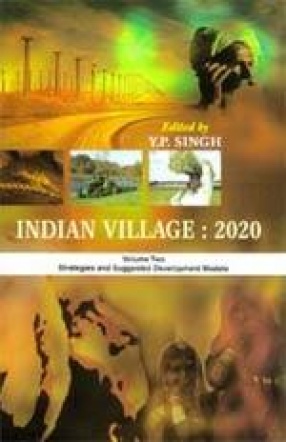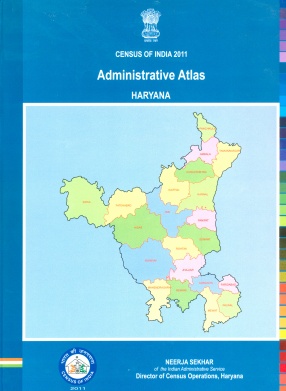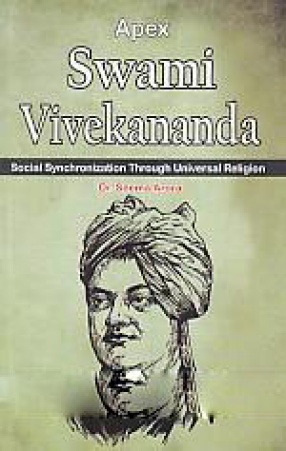Hindutva though abstract is of great social and national importance. It indicates a kind of identity which is indigenous and historically based. Identities are numerous but understanding Hindutva as the identity of the nation encompassing all other identities is unique. However due to communal politics in India there is a gory and exaggerated conception of Hindutva to which many subscribe. During the last two decades and especially in the 1990’s, the term Hindutva has been frequently used. Prior to that Hindutva was marginal to the body politic and rarely perceived as a challenge or threat. The most prominent face of Hindutva is the RSS and the affiliates called the ‘sangh parivar’. It’s long term impact has been on the civil society as well as politics. Lots of work have burgeoned in the last few years on this concept of Hindutva. However there is not yet any work covering the entire ideology of Hindutva and the politics that it has come to spawn. This book intends to provide a comprehensive view of Hindutva exploring not merely the construction of the ideology but its implications for political practices. The entire book is divided into five chapters apart from the introduction and conclusion. The first chapter constructs Hindu identity and examines the historical background of the Hindutva discourse. The second chapter deals with different conceptions of Hindutva drawing on the writings of its major votaries. Similarities and major differences across these conceptions are highlighted. The third chapter identifies the RSS as providing the foundational basis of Hindutva ideology. This chapter deals with the origin and growth of the RSS over the years, its organisation, techniques and objectives with a critical outlook. To consider the social impact of Hindutva organisations, study of the Sangh Parivar, i.e. the family of affiliates has been undertaken. There are innumerable varieties of affiliates working in different fields, having their own organisations and objectives. These affiliates of RSS have helped it to reach many nooks and corners of civil society. The impact of RSS is not confined to the territory of India but there are overseas organisations as well, spreading the message of Hindutva. The fourth chapter on the ‘Parliamentary Politics of Hindutva’ is divided into four parts—Hindu Mahasabha and Rama Rajya Parishad, Bharatiya Jana Sangh, Bharatiya Janata Party and other regional political outfits like Hindu Front and Hindu Munnani. Here the prominent place is given to the BJP. The chapter brings out Hindutva ideology in its political form. In the fifth chapter communalism is located in terms of religion, secularism and colonialism. The reasons for communal engagement are examined and the types of involvement of Hindutva forces in communalism are brought out as well as the perception of communalism by Hindutva forces. Both Hindutva and communalism are linked in a positive and negative way which is identified. The conclusion tries to link up the issues brought out in various chapters, i.e., between Hindu identity, Hindutva discourse, Hindu organisations, Hindutva politics, communal entanglements and examines the future of Hindutva.

Hindutva: Ideology and Politics
In stock
Free & Quick Delivery Worldwide
reviews
Bibliographic information
Title
Hindutva: Ideology and Politics
Author
Edition
1st ed.
Publisher
ISBN
8176294500
Length
xxii+322p.
Subjects




There are no reviews yet.